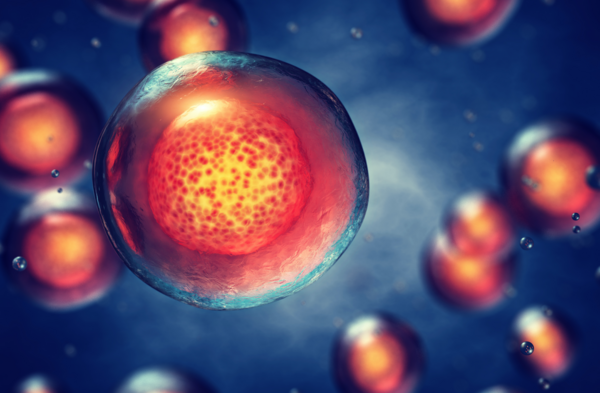Arovella Therapeutics (ASX:ALA) used the stage of the ASX SMIDCaps Conference to underline its ambitions in next-generation cell therapies, positioning its invariant Natural Killer T (iNKT) platform as a potential solution to some of the most pressing challenges facing oncology treatment.
Chief Executive Officer and Managing Director, Dr Michael Baker, told investors that the company is advancing its lead product, ALA-101, towards the clinic, with a Phase 1 trial in CD19-positive blood cancers expected to begin in early 2026.
ALA-101 consists of iNKT cells engineered with a CAR19 receptor to target CD19, while retaining the cells’ natural ability to recognise CD1d, giving the therapy a dual mechanism of attack. Unlike autologous CAR-T therapies, which are patient-specific and time-consuming to manufacture, Arovella’s approach is off-the-shelf, using cells from healthy donors that can be ready for infusion within a week.
Dr Baker emphasised that this approach directly addresses the bottlenecks of conventional CAR-T treatment, which can include high costs, long lead times, compromised T cells, and restricted access to specialist centres. Preclinical data presented demonstrated that ALA-101 not only matched but also outperformed conventional CAR-T cells in models of CD19-producing cancers, yielding superior survival outcomes.
Beyond its lead program, Arovella is also expanding into solid tumours. Its ALA-105 candidate, targeting CLDN18.2, is being developed for gastric and pancreatic cancers, while the company is incorporating IL-12-TM technology to enhance the potency of its pipeline further. Arovella has also secured a string of technology acquisitions and licensing deals that broaden its scope across blood and solid tumour indications.
The company enters this next phase with a market capitalisation of $113.6 million and a cash balance of $20.9 million as of June 2025, providing funding through early clinical readouts for ALA-101. Dr Baker pointed to recent multi-billion-dollar transactions in the cell therapy space as evidence of both the value of differentiated platforms and the appetite from large pharmaceutical companies for innovative approaches.
“Our strategy is to build a portfolio of differentiated cell therapies based on the unique biology of iNKT cells,” Dr Baker said. “We believe this platform has the potential to deliver safer, more effective, and more accessible treatments for patients with both blood cancers and solid tumours.”
With regulatory interactions completed and a clinic-ready manufacturing process in place, the company expects FDA acceptance of its Investigational New Drug (IND) application for ALA-101 later this year, setting the stage for first-in-human trials in 2026.
